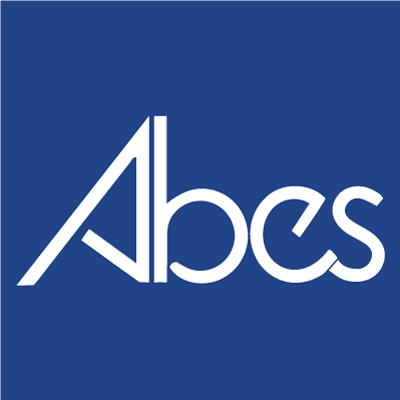If you’re considering a career as a Medical Laboratory Assistant (MLA) in Alberta, understanding where you can apply your skills is a good first step. MLAs play a central role in healthcare by collecting and processing specimens essential for diagnosis and treatment. Here are seven places where MLAs are in demand within Alberta Health Services (AHS) and beyond.
1. Hospitals
In hospitals, MLAs are integral members of the healthcare team. They work in various departments, such as pathology, hematology, and clinical chemistry. Their responsibilities include collecting blood samples through phlebotomy, preparing specimens for analysis, and ensuring accurate labelling and documentation.
In one of the most common settings, MLAs help physicians diagnose illnesses and develop effective treatment plans.
2. Diagnostic Laboratories
Diagnostic laboratories are specialized facilities focused on analyzing patient specimens to detect diseases and medical conditions. Medical lab assistants in these settings handle a high volume of samples, perform basic laboratory tests under supervision, and maintain laboratory equipment. Their meticulous work contributes to accurate test results, which are essential for patient care and treatment decisions.
3. Private Laboratories
Private laboratories often specialize in specific types of testing, such as genetic screening, microbiology, or specialized blood work. MLAs working in private labs may focus on particular procedures, gaining expertise in niche areas of laboratory science. They work with advanced technology and adhere to strict protocols to ensure the reliability of test results.
4. Research Facilities
In research facilities, MLAs support scientific studies and clinical trials that advance medical knowledge. They collect and process specimens according to detailed research protocols, maintain accurate records, and ensure compliance with ethical standards.
Their contributions help in developing new medications, treatments, and diagnostic methods that can improve patient outcomes.
5. Patient Service Centers
Patient service centers provide convenient locations for individuals to have blood drawn or other specimens collected without visiting a hospital.
MLAs in these centers perform phlebotomy, collect various specimens, and ensure patient comfort and safety during the process. They often serve a diverse patient population, including those requiring routine tests or specialized screenings.
6. Community Health Centers
Community health centers focus on providing accessible healthcare services to local populations, including underserved communities. MLAs here play a role in preventative care by collecting specimens for screenings and public health initiatives. They assist in the early detection of diseases, which is crucial for effective treatment and reducing healthcare disparities.
These centres tend to follow typical business hours and working days.
7. Blood Donor Clinics
At blood donor clinics, MLAs are responsible for collecting blood donations and ensuring donor safety throughout the process. They perform phlebotomy, donor screenings (including determining blood type) and proper handling and storage procedures for collected blood.
Their work is essential in maintaining an adequate and safe blood supply for hospitals and emergency services across Alberta.
Want to Start Your MLA Career in Calgary?
Ready to start your career as a Medical Laboratory Assistant? Our accredited program, in partnership with Alberta Precision Laboratories (APL), offers comprehensive training and a 5-week practicum placement. Contact us today to begin your journey toward a rewarding career.


